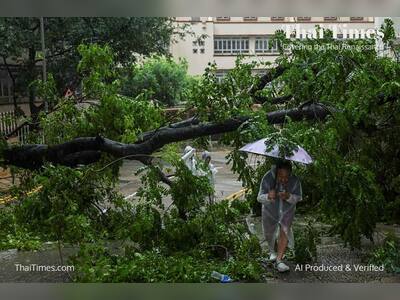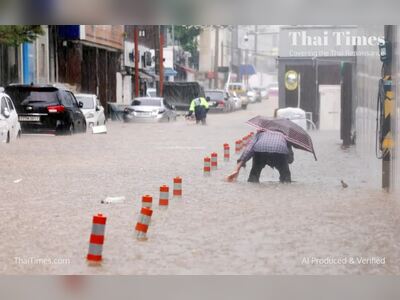Reviving Thailand's Hostel Industry Post-Pandemic
Adjusting Regulations to Save a Struggling Sector
Thailand's hostel industry, once a thriving part of the tourism sector, is facing severe challenges in the post-pandemic era.
Many hostels remain closed, unable to meet the strict regulations imposed by the current Hotel Act, designed with large hotels in mind.
These regulations require compliance with safety and architectural standards that are financially unattainable for many small hostel operators who often rent and minimally renovate commercial spaces.
While safety remains paramount, the existing standards are excessively harsh for hostels, risking the industry's collapse and depriving Thailand of a vibrant tourism component.
Hostels offer cultural experiences and economic benefits to local communities, catering to budget travelers and backpackers.
A more flexible regulatory framework could support hostels while ensuring basic safety.
Collaboration between hostel operators, government bodies, and communities is crucial to develop practical regulations guaranteeing both tourist safety and economic viability.
This adaptation is necessary to revitalize the hostel industry, securing its place in Thailand's diverse tourism landscape.
Many hostels remain closed, unable to meet the strict regulations imposed by the current Hotel Act, designed with large hotels in mind.
These regulations require compliance with safety and architectural standards that are financially unattainable for many small hostel operators who often rent and minimally renovate commercial spaces.
While safety remains paramount, the existing standards are excessively harsh for hostels, risking the industry's collapse and depriving Thailand of a vibrant tourism component.
Hostels offer cultural experiences and economic benefits to local communities, catering to budget travelers and backpackers.
A more flexible regulatory framework could support hostels while ensuring basic safety.
Collaboration between hostel operators, government bodies, and communities is crucial to develop practical regulations guaranteeing both tourist safety and economic viability.
This adaptation is necessary to revitalize the hostel industry, securing its place in Thailand's diverse tourism landscape.











